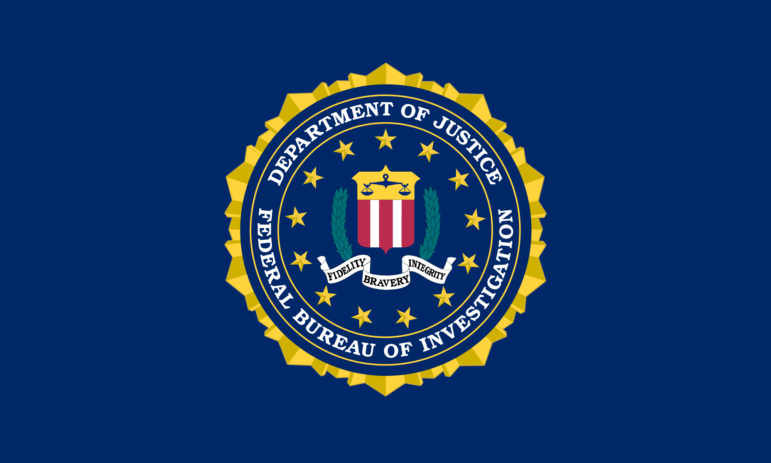
FBI
-A line most reporters have heard more than once
When FBI director James Comey answered questions in July before a Congressional committee focused on the bureau’s probe into Hillary Clinton’s handling of sensitive State Department emails, he was asked whether his agency was also investigating the Clinton Foundation.
“I’m not going to comment on the existence or nonexistence of other investigations,” he said, according to an account in the Washington Post.
“Was the Clinton Foundation tied into this investigation?” committee chairman Jason Chaffetz asked Comey.
“I’m not going to answer that,” Mr. Comey said.
Ah, yes: the familiar “could neither confirm nor deny the existence of an investigation” that countless reporters have heard from countless FBI spokespeople over the years. Rifle though media archives for stories about what the FBI does and your main takeaway will be that, officially at least, it’s usually impossible to say what the FBI is or isn’t doing at all.
So far this year, FBI spokespersons have refused to confirm or deny that they were questioning a suspected cybercriminal in Thailand, looking into potential backroom dealing around the creation of Indiana’s vaping law, investigating Richmond Mayor Dwight C. Jones, scrutinizing a Nigerian Oil mogul, examining a scientist who allegedly stole trade secrets from Monsanto or running down an alleged threat to the Kansas City Jewish Community.
Over previous years, the FBI has refused to officially confirm or deny investigations into New York’s Clinton Correction Facility, the previous disciplinary history of a Tulsa sheriff’s deputy who shot and killed a man, a potentially abusive Rutgers coach, whether terrorists trained at a Long Island shooting range, a dispute within the Stratford Town Council, the supposed police beating of a dead suspect in a New Jersey town, and whether star UCLA quarterback Cade McNown had an association with a New York gangster, among other topics.
Comey’s stunning announcement last week that emails (which to this point have not been read) that might be relevant to the closed Clinton email probe were discovered during agents’ work on “an unrelated case” has been scrutinized for violating bureau policy during the last 60 days before an election against taking any public steps that might influence a campaign.
The fact is, the FBI is usually very tight-lipped about any of its investigations, regardless of whether their subject or timing could possibly affect the outcome of an election.
Last week’s letter actually reflected that practice. We all know the “unrelated case” Comey mentions is the one involving former Rep. Anthony Weiner. Why didn’t Comey name the case? Because federal officials have neither confirmed nor denied the existence of an investigation into Weiner. That part of the letter, at least, sounded familiar.








